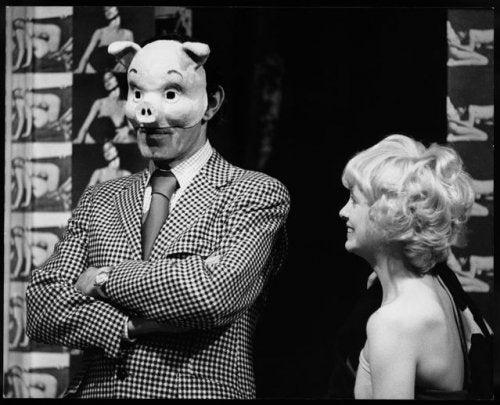In 1971, I produced an independent feature film in New York, written and directed by Nelson Lyon, called “The Telephone Book.” It is a dark comedy about a girl who falls in love with the world’s greatest obscene phone call. In her quest to find the irresistible and mysterious caller, she encounters an array of strange characters and humorous sexual situations.
 The subject matter of the film was uniquely ahead of its time, since it dealt with “telephone sex,” which has since become a staple of modern sexual expression. The film enjoyed the eroticism of the porno genre yet embodied a sense of style and purpose way beyond the standard porn offerings of the time.
The subject matter of the film was uniquely ahead of its time, since it dealt with “telephone sex,” which has since become a staple of modern sexual expression. The film enjoyed the eroticism of the porno genre yet embodied a sense of style and purpose way beyond the standard porn offerings of the time.
But as with most hybrid films, it failed to find an audience and eventually disappeared into a tragically undeserved obscurity.
 Andy Warhol film regulars Ultra Violet, Ondine and Geri Miller are also in the cast. Warhol actually appeared in the film, but his scene was later cut and lost. I’m offering a substantial reward for any information leading to the recovery of this lost Warhol footage.
Andy Warhol film regulars Ultra Violet, Ondine and Geri Miller are also in the cast. Warhol actually appeared in the film, but his scene was later cut and lost. I’m offering a substantial reward for any information leading to the recovery of this lost Warhol footage.
 It has suddenly been hailed as a missing masterpiece by cineastes in Berlin and is rapidly gaining cult-film status in Germany.
It has suddenly been hailed as a missing masterpiece by cineastes in Berlin and is rapidly gaining cult-film status in Germany.